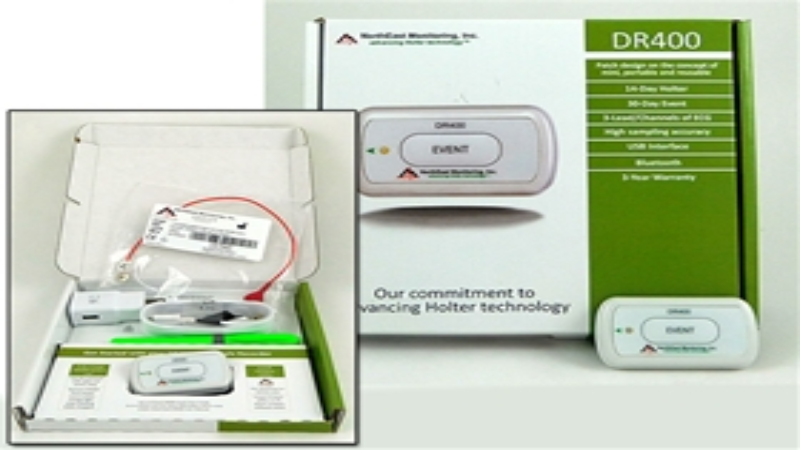The ECG stress test performed by a doctor using our GE Stress System includes a method for doctors to observe heart health while exercising. It’s referred to as a stress test due to exercise stressing the heart. The test is advantageous because most heart issues only can be detected as the heart is working hard.
Preparing for the ECG
Getting ready for the ECG stress test is simple. Your physicians will offer you all special directions, if necessary, in regard to medications. Patients who take heart medications might be asked to cease in taking them one or two days prior to the test to gain more accurate results. Get ready just as you might for fifteen minutes of strenuous exercise. Dress in comfortable shoes and clothes and do not drink or eat anything 2 hours before the test. Make certain to avoid alcohol, caffeine, and cigarettes the date of the test.
Where are they performed?
Typically, ECG stress tests are done in a hospital or doctor’s office. Your physician will put multiple electrodes on your shoulder and chest area that are attached to the ECG machine. This machine will keep a noninvasive heart function recording. Also, you’ll be connected to a blood pressure monitor which will record blood pressure while being tested.
What does the test involve?
As you’re hooked up to the monitors, the stress test begins. The most typical method utilized to stress the heart includes a treadmill, yet a stationary bike also might be used. The doctor will record and watch your physical reaction to the exercise as the intensity slowly increases over a 15-minute time. The physician will ask you to inform her or him of any chest pain, difficulty breathing, or other pain. If symptoms are serious, the test is cut short.
As you reach your target heart rate, you’ll continually be observed while cooling down. It might include resting in a chair or slowly walking until your heart goes back to its resting pace. Your ECG stress test will be complete during this point, and the electrodes are removed. Usually, results take around one week to process. The doctor’s office will contact you when they’re ready.
If physical exercise is overly risky for the individual, a chemical ECG stress test might be administered. The doctor will provide you medicine which increases your heart rate, which simulates physical exercise. Medication side effects involve flushed cheeks, headache, and anxiety, yet they’re temporary and generally go away as soon as your test is over.


